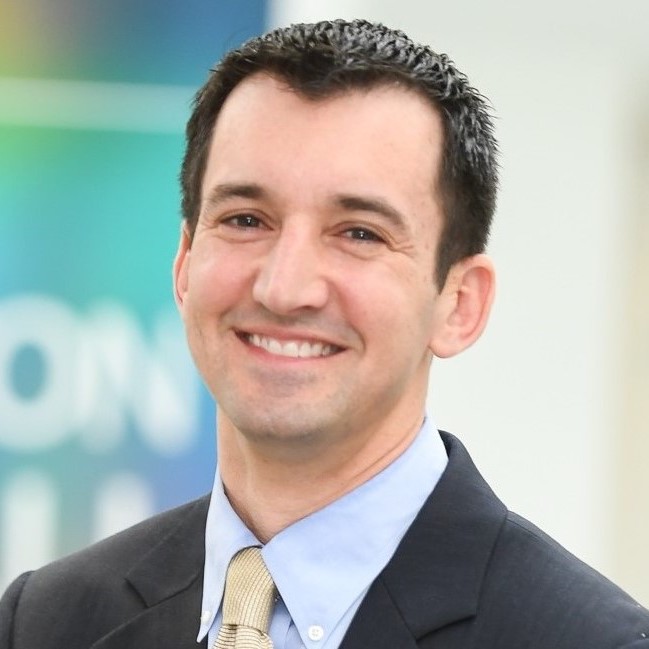ARGUMENT ANALYSIS
The court appears likely to preserve theory of liability in False Claims Act cases

on Apr 20, 2023 at 9:23 am

During oral argument in two consolidated cases on Tuesday, the court seemed poised to reverse the decision of the U.S. Court of Appeals for the 7th Circuit and reject a ruling observers said would gut the government’s primary anti-fraud statute. It remains unclear, however, whether the court will issue an opinion addressing more complex questions that have the potential to dramatically shift the balance of power between the government and industry in False Claims Act cases.
The Department of Justice has used the FCA to recover more than $70 billion since 1986, largely in cases related to health care and defense contracting. Under the FCA, a defendant is liable for submitting a false claim to the government for payment if it acted “knowingly,” which the statute defines as acting with actual knowledge, deliberate ignorance, or reckless disregard. At issue on Tuesday in two consolidated cases – U.S. ex rel. Schutte v. SuperValu Inc. and U.S. ex rel. Proctor v. Safeway – was whether and when a defendant’s subjective belief is relevant in determining knowledge if its conduct represented an objectively reasonable interpretation of the relevant issue. Split panels of the 7th Circuit had held it was never relevant – a view soundly rejected Tuesday by at least a majority of the justices.
The question remains, however, whether the court will go further to address more nuanced issues. The justices and the litigants devoted substantial time discussing when a party’s decision to adopt an objectively reasonable, but incorrect, interpretation would satisfy the FCA’s knowledge requirement. (Under the 7th Circuit’s view, even a post hoc objectively reasonable interpretation that was never considered by the defendant would seemingly immunize them from FCA liability.) Justice Brett Kavanaugh proposed the following hypothetical: “At the time, you have three different interpretations possible, and one’s clearly safe, one’s a little more aggressive, and the third’s really aggressive, but you still think it’s reasonable, and you go with that third one, and it’s later – [the courts] don’t agree later on, so it’s ‘false.’” Justice Elena Kagan interjected during discussion of the hypothetical to clarify, “this case comes to us on the understanding that [the defendants] thought that this interpretation was wrong … they knew it was wrong.” While Kavanaugh noted he agreed with Kagan and “we should decide the case as it came to us and leave for another day, I think, the question of if at the time you considered these various options.” Justice Samuel Alito later seemed to suggest he would be inclined to go beyond correcting the 7th Circuit on the narrow issue. “I mean, we do take these cases … to decide legal questions and not just to decide the particular case,” Alito said.
Attorneys representing the plaintiffs also seemed eager for the court to do more than send the cases back to the 7th Circuit to reconsider the case in light of the defendants’ subjective belief. Malcolm Stewart, arguing on behalf of the government, noted “we would prefer – from the standpoint of somebody who’s not just working on this case but who … represents the government that is litigating False Claims Act cases across the board, we would prefer greater clarification about what the rules are in the hypothetical case [posited by Kavanaugh]. We would prefer to have it clarified that that’s actual knowledge as well.” Earlier, Kagan drew laughter as she asked Tejinder Singh, arguing on behalf of the whistleblowers who initiated the two cases, why he was “arguing all these hard cases” in responding to Kavanaugh’s hypothetical given that “your case is the easy case, isn’t it?” Kavanaugh responded, “He wants to win the hard case here too, but [he doesn’t] need to.”
The whistleblower was backed not only by the government but by a “friend of the court” brief from Senator Charles Grassley (R-Iowa), the FCA’s long-time champion. Justice Sonia Sotomayor invoked that submission when Carter Phillips, arguing on behalf of the defendant companies, said he “[doesn’t] believe Congress meant to permit” the focus to be on subjective belief. Sotomayor interjected, “I think the person most knowledgeable about that, what Congress intended, is probably Senator Grassley because I suspect he’s the one who initiated almost all these laws and follows them so closely and he disagrees with you.” Grassley argued in his brief that the law was intentionally designed with a “broad and comprehensive definition of scienter” – that is, knowledge of wrongdoing.
The defendant companies, on the other hand, focused on the impact on the business community, as represented by a brief from the U.S. Chamber of Commerce. Phillips argued that the business community fears that taking subjective beliefs into account will mean “open season on every federal government contractor.” Kavanaugh expressed concern about the impact on the business community if the court issues a broad ruling, confirming that Phillips agreed it would be “a much narrower loss” if the court issued in opinion rejecting the idea that a defendant could escape FCA liability by coming up with a post hoc objectively reasonable interpretation they had not considered at the time, and “like a full-out disaster” if the court went further and held that even if a defendant had considered an objectively reasonable interpretation at the time and “[guessed] wrong,” it would lose under the FCA.


